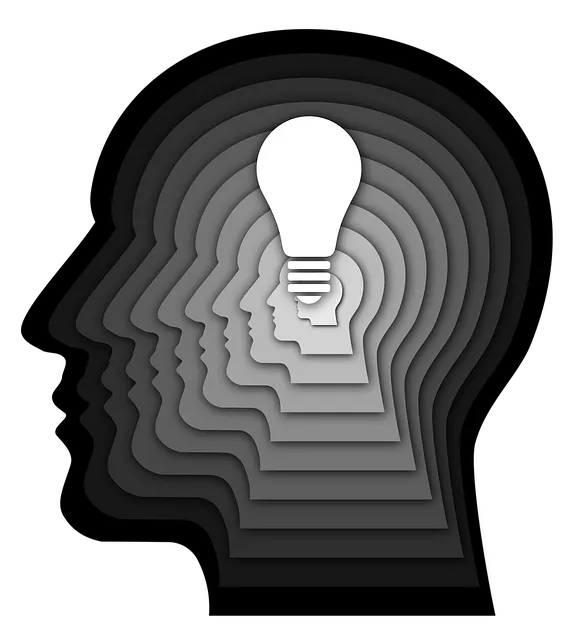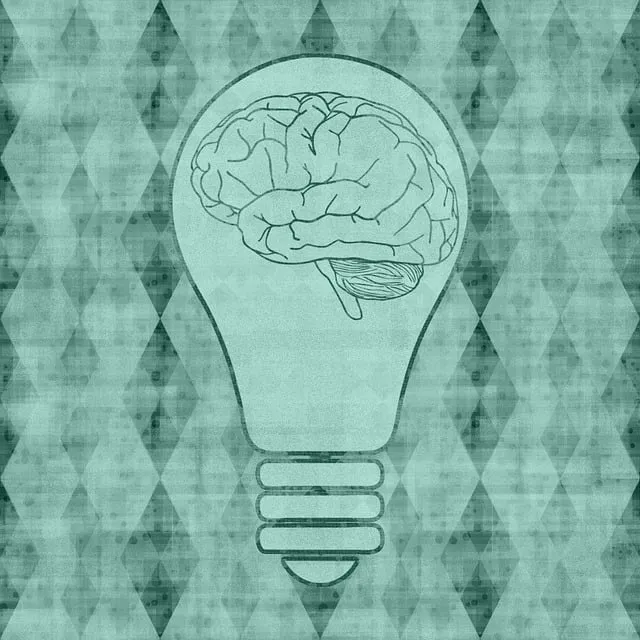Mental illness misdiagnosis is a critical issue due to the complexity and variability of symptoms, leading to delayed or inappropriate treatment. To address this challenge, Golden Kaiser Permanente mental health centers offer extended visiting hours for detailed evaluations and continuous monitoring, emphasizing evidence-based practices like Mood Management and Burnout Prevention. They also provide tools such as Mental Wellness Journaling Exercise Guidance to empower individuals in tracking their symptoms. Through initiatives like these, the centers aim to improve diagnostic accuracy, encourage early intervention, and ultimately enhance patient outcomes by fostering trust and transparent communication.
Mental illness diagnosis accuracy is a critical aspect of healthcare that significantly impacts patient outcomes. This article explores current challenges in mental health assessment, focusing on misdiagnosis rates and their consequences. We delve into the innovative strategies employed by the Golden Kaiser Permanente Mental Health Center, highlighting advanced tools and training programs enhancing diagnostic precision. Additionally, we discuss the importance of continuous improvement through patient feedback, data analysis, and community engagement to reduce stigma and improve access to care, based on real-world examples from the center’s visiting hours and engagement initiatives.
- Understanding the Current Challenges in Mental Illness Diagnosis
- – Exploring the factors contributing to misdiagnosis
- – Impact of inaccurate diagnoses on patient care and outcomes
Understanding the Current Challenges in Mental Illness Diagnosis

Mental illness diagnosis faces significant challenges due to the complexity and diversity of psychological conditions. The vast spectrum of symptoms, often subjective in nature, makes accurate assessment a complex task. Misdiagnosis is not uncommon, leading to delayed or inappropriate treatment, which can exacerbate existing symptoms and negatively impact patient outcomes. The dynamic nature of mental health means that what appears as one condition may evolve into another over time, further complicating the process.
Golden Kaiser Permanente mental health centers offer a comprehensive approach to address these challenges. With extended visiting hours, patients have increased access to care, enabling more detailed evaluations and continuous monitoring. The centers also emphasize evidence-based practices, such as Mood Management techniques and Burnout Prevention strategies, proven to enhance diagnosis accuracy. Additionally, they provide resources like Mental Wellness Journaling Exercise Guidance to empower individuals in tracking their symptoms, offering a valuable tool for both patients and healthcare professionals.
– Exploring the factors contributing to misdiagnosis

Misdiagnosis in mental health can stem from a variety of factors. One significant contributor is the complexity and often subtle nature of mental illness symptoms, which can overlap across different disorders. For instance, anxiety and depression share numerous commonalities, making it challenging for even seasoned professionals to differentiate between the two. Additionally, individual presentations of mental illness vary greatly, with some individuals exhibiting unique combinations of symptoms that don’t neatly fit established diagnostic criteria.
Another crucial aspect is the dynamic nature of mental health. Symptoms can change over time, and what presents as a specific disorder in one phase might evolve into something different later. This fluidity requires continuous re-evaluation and adaptation in diagnosis. Furthermore, societal biases and stigma surrounding mental illness can lead to inaccurate perceptions, influencing both patients’ self-reported symptoms and professionals’ interpretations. The Golden Kaiser Permanente mental health center visiting hours offer valuable opportunities for individuals seeking support, while initiatives like Mental Wellness Coaching Programs Development, Resilience Building, and Mental Wellness Podcast Series Production aim to enhance understanding, promote early intervention, and ultimately improve diagnostic accuracy.
– Impact of inaccurate diagnoses on patient care and outcomes

Inaccurate mental health diagnoses can have profound consequences for patient care and outcomes. When individuals are misdiagnosed, they may receive inappropriate treatments or none at all, leading to prolonged suffering and potential exacerbation of symptoms. For instance, a patient experiencing severe anxiety might be incorrectly diagnosed with depression, hindering access to targeted Anxiety Relief strategies tailored to their specific needs. This can result in delayed treatment, decreased quality of life, and increased risk of relapse.
At renowned mental health centers like the Golden Kaiser Permanente, efforts are underway to enhance diagnosis accuracy. Improving communication strategies between healthcare providers and patients is a key focus. Transparent and empathetic conversations enable patients to share their experiences more openly, providing valuable insights for Mental Health Policy Analysis and Advocacy. By fostering an environment of trust, professionals can better understand complex presentations, leading to more precise diagnoses and effective treatment plans.
Mental illness diagnosis accuracy is a critical aspect of patient care, and efforts to improve it are essential. By understanding the current challenges, such as misdiagnosis factors and their impact on treatment outcomes, we can make significant strides. At renowned facilities like the Golden Kaiser Permanente mental health center, visiting hours provide opportunities for continuous learning and improved diagnosis. Through research, enhanced training, and access to resources, the healthcare industry can ensure more accurate assessments, leading to better patient outcomes and a brighter future for those seeking mental health support.






